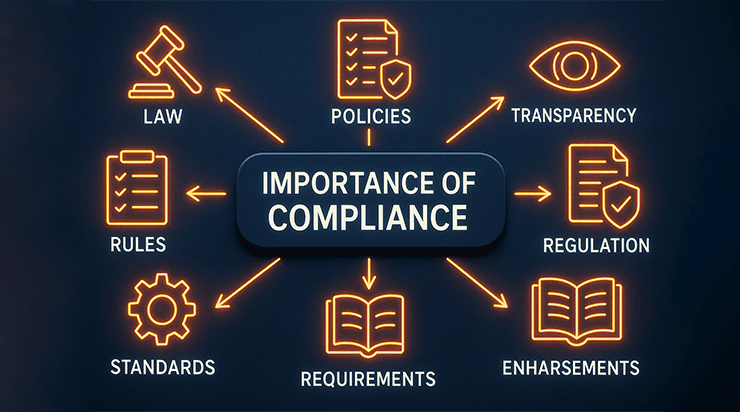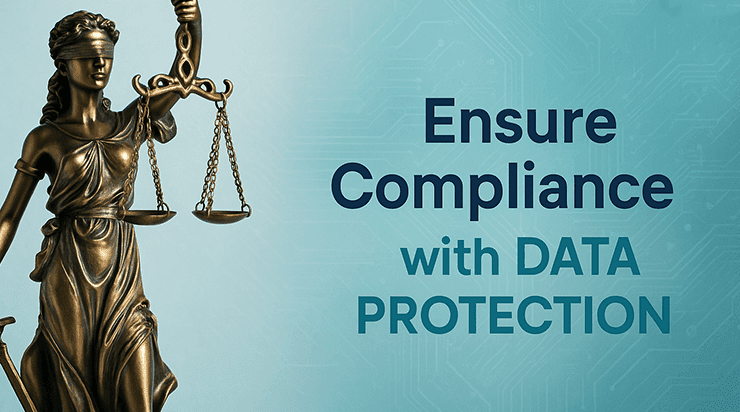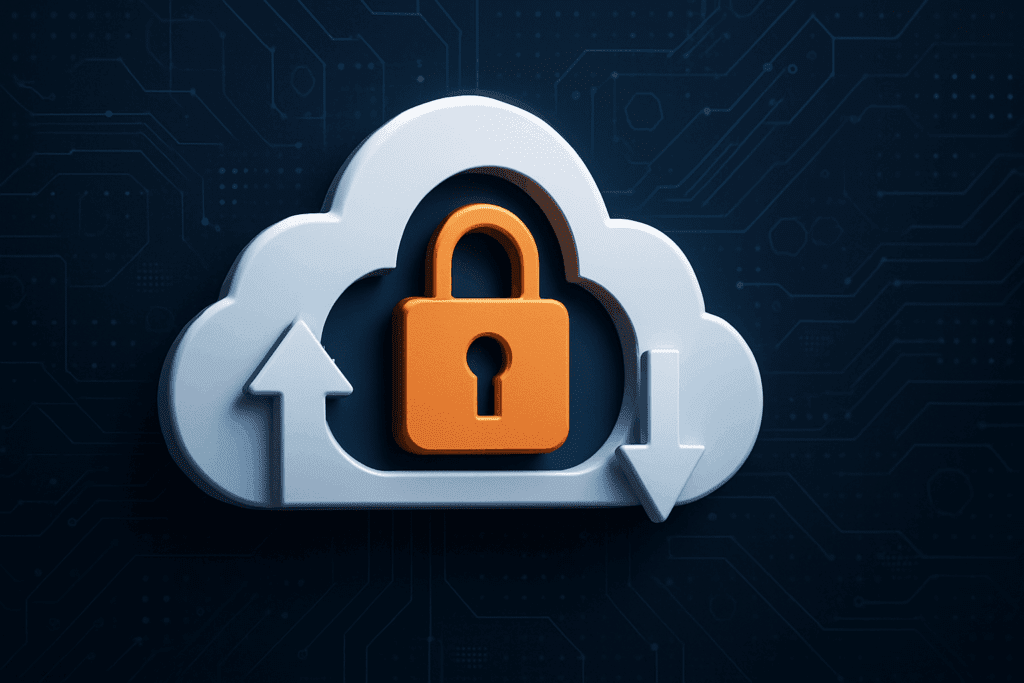In 2025, data privacy and protection will continue to be one of the most important aspects of digital compliance. As organizations gather vast amounts of sensitive data, it becomes more important to safeguard that data. The laws governing destruction of data are a vital element of this obligation protecting the privacy of individuals and ensure that businesses adhere to regulations for the disposal of data. This blog will provide you with how you can stay in compliance with the laws governing data destruction in 2025. We will discuss all important laws, best practices, and essential information for maintaining the security of your data.
What is Data Destruction?
It is a method of permanently deleting or eliminating data in order that it can’t be accessed and reconstructed or used by unauthorised parties. It entails the proper disposal of physical and digital documents that are no more necessary for business reasons. It is also a legally-enforceable obligation in many countries to protect against privacy breaches, identity theft and other harmful uses of data.
Why is Data Destruction Important?
Since cybercrime and data breaches get more easy, governments and international organizations have passed strict laws for protecting data to protect data privacy. Unsafe destruction of data could result in serious consequences for example:
- Penalties and Fines: Non-compliance with data destruction laws could result in severe financial penalties.
- Reputational damage: Data breaches due to improper disposal could harm a company’s reputation as well as reduce trust among customers.
- Legal Liability: Organizations may face legal action if sensitive information is handled improperly.
The requirement to comply with data destruction laws by 2025 isn’t just important for maintaining compliance but also to protect your business’s reputation and guaranteeing the privacy of your customers.

Key Data Destruction Laws to Follow in 2025
Being aware of the laws that apply to your area or country is essential to ensure you are in compliance. Here are a few of the most important laws governing destruction of data that businesses have to comply with in 2025.
1. General Data Protection Regulation (GDPR)
The GDPR, which was enacted through the European Union, is one of the most comprehensive privacy laws. It has strict guidelines for the destruction and storage of personal information. In the GDPR, companies have to ensure that the personal information is destroyed in a secure manner when it is no longer needed for the reason for which it was originally collected for.
GDPR Key Requirements:
- Rights to Erasure: Individuals are entitled to ask for the removal of their personal information under the “right to be forgotten” principle.
- Data Minimization: The organizations should only keep information for as long as they need to and remove it when it is no longer serving a legitimate function.
- Data Destruction Guidelines: Data must be permanently destroyed after it is not in use including digital information and physical records.
2. Health Insurance Portability and Accountability Act (HIPAA)
HIPAA regulates how protected health data is destroyed (PHI) within the United States. Health institutions must adhere to strict guidelines for data destruction to protect against unauthorized access to sensitive patient information.
HIPAA Key Requirements:
- Secure Disposal: PHI needs to be destroyed completely to prevent unauthorised access, which includes shredding records on paper as well as wiping devices that use electronic technology.
- documentation: The destruction process must be documented and companies are required to show proof of conformity.
3. California Consumer Privacy Act (CCPA)
The CCPA which is in effect in California gives comprehensive privacy rights in the state of California. California residents. In accordance with the CCPA the business have to ensure that private data are not stored beyond the time period specified and remove it after it is the information is no longer required.
CCPA Key Requirements:
- Consumer Right to Deletion: Consumers may request the removal of their personal data.
- Safe Disposal of Information: Businesses are required to securely destroy personal information on request in order to avoid misuse.

4. Federal Information Security Management Act (FISMA)
FISMA is applicable to federal agencies and contractors within the United States. It sets out specific policies regarding data destruction for making sure that data from government agencies are safely erased after it is not needed.
FISMA Key Requirements:
- Security and Integrity of Data: Government-related data must be destroyed in order to stop any unauthorized access to the data after its retention period is over.
Best Practices for Compliant Data Destruction in 2025
In order to ensure your business is in compliance with laws regarding data destruction by 2025, here’s a list of the most effective guidelines to adhere to:
1. Develop a Comprehensive Data Destruction Policy
Develop an explicit policy for data destruction that defines the procedures for physical and digital data. Your policy should address the following areas:
- Data retention schedules
- Procedures for secure destruction
- Regularly audits of destruction procedures
2. Use Certified Data Destruction Services
Use certified third-party data destruction companies that meet industry standards like those of the National Association for Information Destruction (NAID). These services ensure that information is destroyed in a safe manner, following modern security protocols.
3. Shred and Wipe
If you have physical records, make use of professional shredding services that ensure documents are destroyed permanently. If you have digital data, make use of software for data wiping that is compliant with the industry standards such as DoD 5220.22-M that securely erases information from hard drives and other devices.
4. Maintain Documentation of Destruction
Document each stage of the data destruction process, which includes the type of data that was destroyed and the method used as well as the day of destruction. This document will be used as evidence of compliance in the event that your company is ever examined.
5. Secure Physical Destruction
For records that are physical, make sure that all electronic devices like tapes, hard drives and documents are destroyed using certified destruction techniques. Devices must be crushed or destroyed beyond repair, while paper documents must be thoroughly destroyed.
6. Employee Training
Be sure that employees are instructed in data retention and destruction methods. A knowledgeable team will be better prepared to manage sensitive data and be in compliance with the laws governing data destruction.
Challenges in Data Destruction Compliance
In order to be compliant to data destruction laws is essential, companies often encounter challenges in ensuring every practice is followed. The most common challenges are:
- New Regulations: Data destruction laws change frequently and it is difficult for businesses to stay current with the latest regulations.
- Inadequate internal systems: Many companies lack the internal systems needed to efficiently manage the destruction of data.
- Unawareness: Some companies may not fully comprehend the significance of destroying data or the best way to implement safe disposal procedures.
Future of Data Destruction Compliance in 2025 and Beyond
As time goes on the laws on data destruction are likely to become more strict. The world’s governments are constantly creating new regulations to adjust to the latest technologies, like artificial intelligence and cloud computing. Businesses must be aware of these developments by constantly reviewing and revising their policies on data destruction and ensuring that they are in compliance with the current and upcoming laws.
In 2025 the need for companies to incorporate destruction of data as part of their overall data governance plan. This will involve automated tools that ensure data retention is monitored, enhance security and make sure that they are in compliance with their legal obligations.
Conclusion
Data destruction is a key aspect of data security and privacy. By 2025, being compliant to the laws regarding data destruction will require companies to follow best practices, be aware of the most recent regulations and invest in reliable destruction services. By following these rules you will be able to reduce risks and protect your company’s reputation and avoid the serious penalties for non-compliance. The most effective method for destruction of data is preparation, ongoing training, and using reliable certified, reputable services. Keep ahead of the curve and your company is in complete compliance with the ever-changing legal framework.









We didn’t invent the term “fools with tools.” Still, it’s a perfect definition for the practice of buying a stack of sophisticated cybersecurity technology that’s impossible to manage without an MSP or the budget of a Fortune 500 IT department.